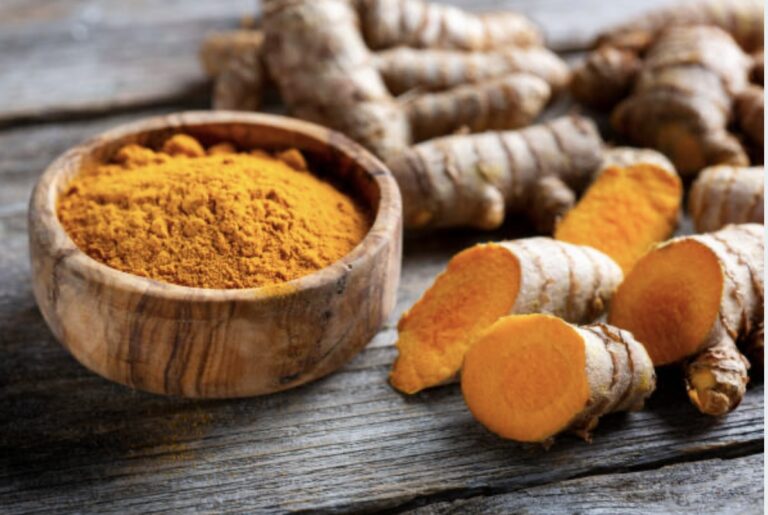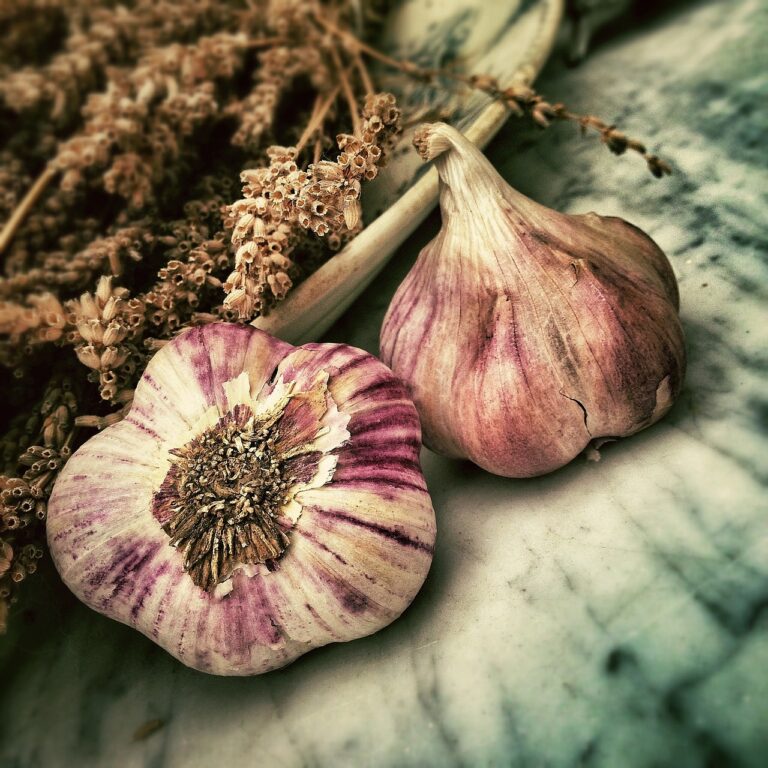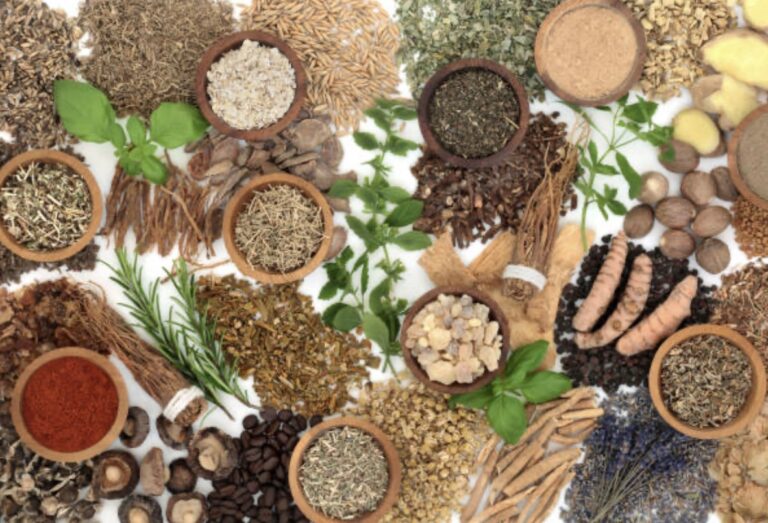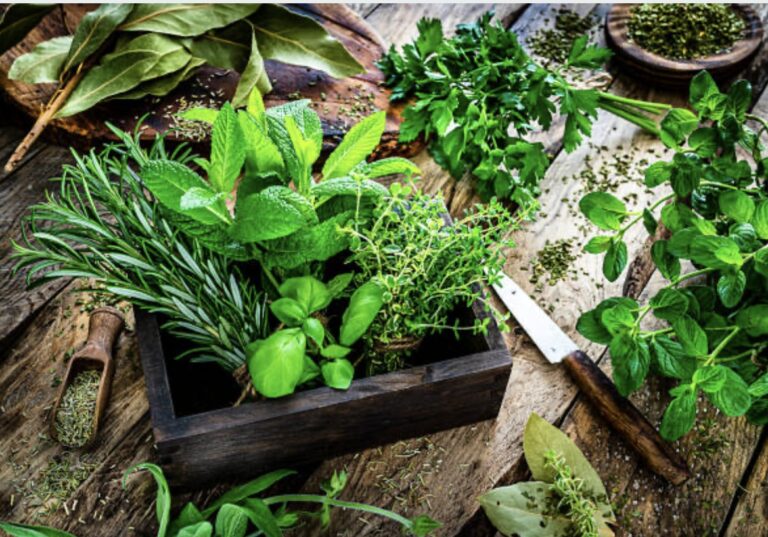Herbal Antibiotics: An Effective Alternative Fighting Infections
In a world where antibiotic resistance is on the rise and the effectiveness of conventional antibiotics is diminishing, many people are turning to alternative solutions for treating infections. One such solution gaining popularity is herbal antibiotics. These natural remedies offer potential benefits without the downsides of traditional antibiotics. In this article, we will explore the world of herbal options, their advantages, popular options, and how they can be used safely and effectively.
What are herbal antibiotics?
Herbal antibiotics are natural substances derived from plants that possess antimicrobial properties. They are often used to treat various bacterial, viral, and fungal infections. Unlike pharmaceutical antibiotics, which are typically created in a lab, herbal’s utilize the healing properties of plants that have been used in traditional medicine for centuries.
The Rise Of Antibiotic Resistance
Antibiotic resistance has become a major concern in modern healthcare. Overuse and misuse of pharmaceutical antibiotics have led to the development of antibiotic-resistant bacteria, making it harder to combat infections effectively. This growing threat has prompted the exploration of alternative options, and herbal antibiotics have emerged as a potentially effective solution.

Advantages Of Mother Nature's Antibiodies
One of the key advantages of herbal antibiotics is their ability to target a wide range of pathogens without promoting antibiotic resistance. Unlike pharmaceutical antibiotics that often have a narrow spectrum of activity, herbal’s contain multiple active compounds that possess broad-spectrum antimicrobial properties.
Additionally, herbal antibiotics are generally better tolerated by the body, with fewer side effects compared to their pharmaceutical counterparts. They are often gentler on the digestive system, liver, and kidneys, making them suitable for long-term use if necessary.
Popular Herbal Antibiotics
Several herbal antibiotics have gained recognition for their potent antimicrobial properties. Let’s explore some of the popular options:
Garlic
Garlic, a common culinary ingredient, has been used for centuries as a natural antibiotic. It exhibits antimicrobial, antiviral, and antifungal properties, making it effective against various infections. Garlic can be consumed raw, cooked, or in supplement form.
Echinacea
Echinacea is a flowering plant known for its immune-boosting properties. It can help combat respiratory infections, colds, and flu. Echinacea supplements or teas are commonly available.
Goldenseal
Goldenseal is an herb that contains berberine, a compound with powerful antimicrobial activity. It is often used to treat digestive and urinary tract infections. Goldenseal can be taken in supplement form or applied topically as a cream or ointment.
Turmeric
Turmeric, a vibrant yellow spice, is a potent natural antibiotic. It contains curcumin, which exhibits antimicrobial properties. Turmeric can be included in cooking, taken as a supplement, or applied topically.
Andrographis
Andrographis is an herb native to South Asian countries. Its active compounds have demonstrated antimicrobial effects against various pathogens. Andrographis supplements or teas are available for use.

The Science Behind Herbal Antibiotics
The effectiveness of herbal antibiotics is supported by scientific research. Many studies have investigated the antimicrobial properties of different plants and their active compounds. These studies have shown promising results and have contributed to the growing interest in herbal remedies as an alternative treatment option.
Using herbal antibiotics requires careful consideration. It is essential to consult with a healthcare professional or herbalist before starting any herbal treatment. They can provide guidance on dosage, potential drug interactions, and whether herbal’s are suitable for specific health conditions.
Combining Herbal Remedies With Conventional Treatments
In some cases, herbal antibiotics can be used alongside conventional antibiotic treatments. This combination approach may help boost the effectiveness of treatment, promote faster recovery, and reduce the risk of antibiotic resistance. However, it is crucial to consult with a healthcare professional to ensure safe and appropriate usage.
Precautions and potential side effects
Although generally safe, herbal antibiotics can have side effects and interactions with certain medications. It is crucial to follow the recommended dosage and disclose any ongoing medications or health conditions to your healthcare provider to minimize potential risks.

Herbal Remedies For Specific Infections
Different herbal remedies may be more effective against specific types of infections. For example, garlic and echinacea are often used for respiratory infections, while goldenseal is commonly recommended for digestive and urinary tract infections. Understanding the specific properties and benefits of each herbal antibiotic can help target the right infections more effectively.
Herbal vs. Pharmaceutical
While both herbal and pharmaceutical antibiotics have their place in healthcare, there are notable differences between the two. Herbal antibiotics offer a natural and potentially gentler approach with broad-spectrum antimicrobial properties. However, pharmaceutical antibiotics may be necessary for severe infections or specific bacterial strains. The choice between the two should be made based on individual circumstances and healthcare professional advice.
The future of herbal antibiotics
With the continued rise of antibiotic resistance, herbal antibiotics hold promise as a potential solution. Ongoing research and scientific advancements will likely shed more light on their effectiveness, optimal usage, and potential integration into mainstream healthcare.

Herbs as antibiotics are emerging as a valuable alternative to traditional pharmaceutical antibiotics. Their broad-spectrum antimicrobial properties, potential safety, and well-documented history in traditional medicine make them an attractive option for many people. However, it is important to take precautions, consult with healthcare professionals, and use them responsibly to maximize their benefits. As research progresses, herbal antibiotics may play a significant role in the future of infection treatment.
Frequently Asked Questions
While herbs may not be suitable for all types of infections, they can provide effective treatment options for many individuals. It is important to consult with a healthcare professional to determine the best approach for your specific condition.
In some cases, herbal antibiotics can complement conventional antibiotic treatment. However, consulting with a healthcare professional is crucial to ensure safe and appropriate usage.
Like any medication or treatment, herbal antibiotics can have side effects. It is important to follow recommended dosages and consult with a healthcare professional to minimize potential risks.
Herbal’s are primarily effective against bacterial infections. They may have limited or no effect on viral infections. It is important to seek appropriate medical advice for viral infections.
Consulting with a healthcare professional or herbalist is the best way to obtain reliable information on herbal options. They can provide personalized advice based on your health condition and specific needs.


